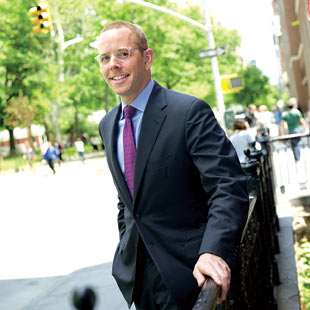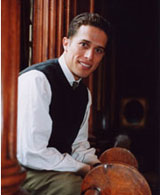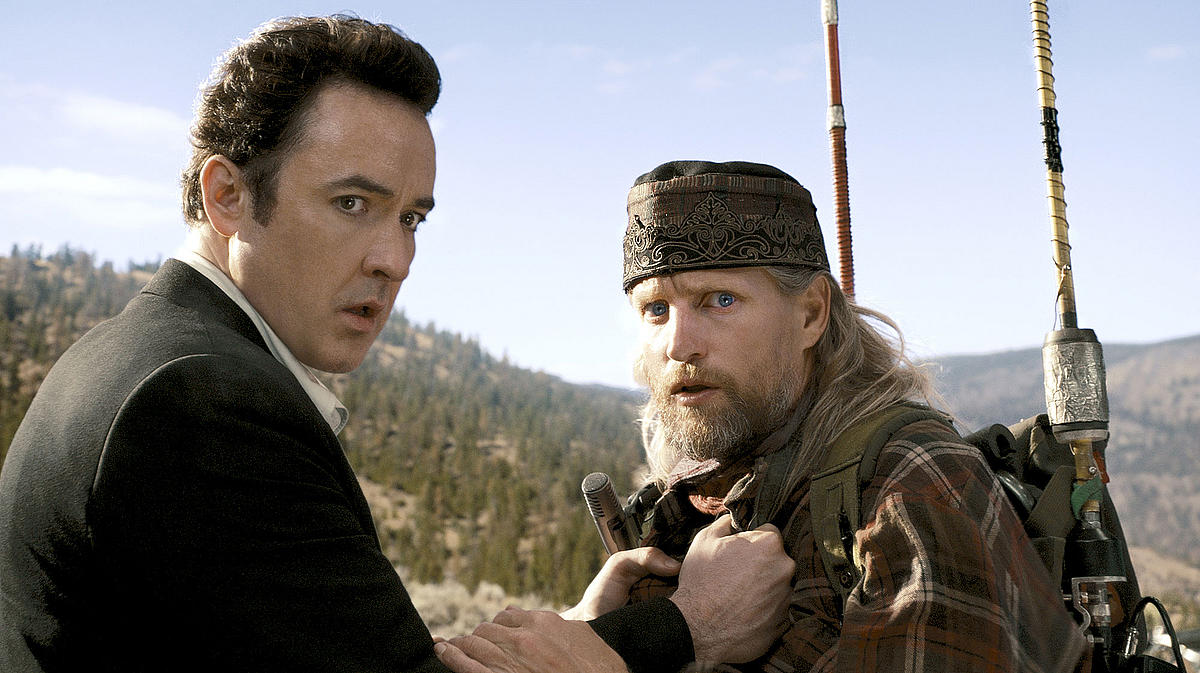…or at least, that is the net effect of what aging, children, pets, mortgage payments have me sometimes believing.
When I was a child I thought myself bright. Many of us at one time probably thought the same of ourselves. It was the euphoria of youth, the deeply felt conviction that with a little application, one's quick-to-understand-anything mental prowess could master any subject placed before it.
So when did the realization arrive that being some sort of prodigy was not my destiny? Indeed, when one reads about prodigies, would such a destiny even have been desirable?
Oh, but the power! That sense of infinite capacity powered by youth and hormones. It is something I sorely miss.
Like many who write for or read this site, I was a reader, too, and a precocious one at that. (But weren't we all?) The transition for me from the Mighty Thor to the Mighty Shakespeare was sudden, taking my father as much by surprise as me. He was kind enough to make the switch from bringing home issues of Iron Man to leaving Signet editions of Dickens on my rolltop desk. He was a good father, and he unwittingly encouraged me in my adolescent hubris.
I read voraciously (didn't we all?) and performed reasonably well in school—except for those classes that I had consciously decided not to succeed in. The world seemed my oyster, easily pried with the knife of my intellect. In short, I felt really, really smart. I was sharper, I was funnier, I was livelier, I was wittier.
Or was I? Sometimes I think I was these things because now there are so many days as a mid-40s, mid-career, midlife so-and-so that I just feel plain exhausted. Tired. Weak. Pooped. I should exercise, but it bores me. I should eat well, but I get hungry. I should read more and watch less television, but my eyes hurt and besides, my attention wanders: I think I hear my children calling…or is that my wife? And don't let me forget that I need to: bring the car in for a repair, pay the Visa bill, renew my license, send a Bar Mitzvah card (with check, of course)...
In Arthur Conan Doyle's Study in Scarlet, when Dr. John Watson first meets the great Sherlock Holmes, he is utterly flabbergasted to learn:
His ignorance was as remarkable as his knowledge. Of contemporary literature, philosophy and politics he appeared to know next to nothing. Upon my quoting Thomas Carlyle, he inquired in the naivest way who he might be and what he had done. My surprise reached a climax, however, when I found incidentally that he was ignorant of the Copernican Theory and of the composition of the Solar System. That any civilized human being in this nineteenth century should not be aware that the earth travelled round the sun appeared to me to be such an extraordinary fact that I could hardly realize it.
Ignorant of Copernican theory? This is detective fiction as farce. But even more interesting is the explanation:
"You see," Holmes explained, "I consider that a man's brain originally is like a little empty attic, and you have to stock it with such furniture as you choose. A fool takes in all the lumber of every sort that he comes across, so that the knowledge which might be useful to him gets crowded out, or at best is jumbled up with a lot of other things, so that he has a difficulty in laying his hands upon it. Now the skillful workman is very careful indeed as to what he takes into his brain-attic. He will have nothing but the tools which may help him in doing his work, but of these he has a large assortment, and all in the most perfect order. It is a mistake to think that that little room has elastic walls and can distend to any extent. Depend upon it there comes a time when for every addition of knowledge you forget something that you knew before. It is of the highest importance, therefore, not to have useless facts elbowing out the useful ones."
Yeah, the italics are mine. Honestly, I have no idea if Doyle is toying with readers or metaphorically treating late Victorian views of memory and forgetfulness. It doesn't really matter. Holmes purposely unloads any accumulation of "useless facts." For me, the act of disposal is thrust upon me, willy-nilly. The space I once reserved for the minutiae that made me a living room whiz during Jeopardy or reasonably competitive in a game of Trivial Pursuit is now taken up with doctors' appointments and trips to the supermarket, worries about my 401k (or what's left of it) and making sure the gas tank is full.
I used to be smarter, or so I would like to think. And yet, I know this is not entirely true. Separate from the reams of data that literally wrinkle my face like pen strokes gone awry, signs of knowledge dearly bought by experience, I do know more about some things than I once did, I am more capable at some mental tasks than I once was.
For example, I know more about the history of literature than I ever did upon my graduation from college. I'm also far better at crossword puzzles. I suspect I may even be a better chess player, which isn't saying much since I always sucked at the game. (Remember, youth had inspired me with the belief that with enough application I could be great at chess, not that I was.) I definitely know more about politics and how it works—daily blog reading has trained me well in that regard. I am definitely a better writer.
But has my writing all this made me feel any better? Not necessarily. In some ways, it has suggested how wrong-headed the sentiment is. I used to be smarter doesn't seem like much nowadays when the smartest guys in the room so successfully melted down the economy of the United States. Suddenly I'm not so inclined to take stock in this type of nostalgia. Already it has begun to pale. Maybe I used to be smarter. But I think I was also more callow, more selfish, more spoiled, and hard knocks have made me smarter in the ways that count.
Or so I'd like to think.






